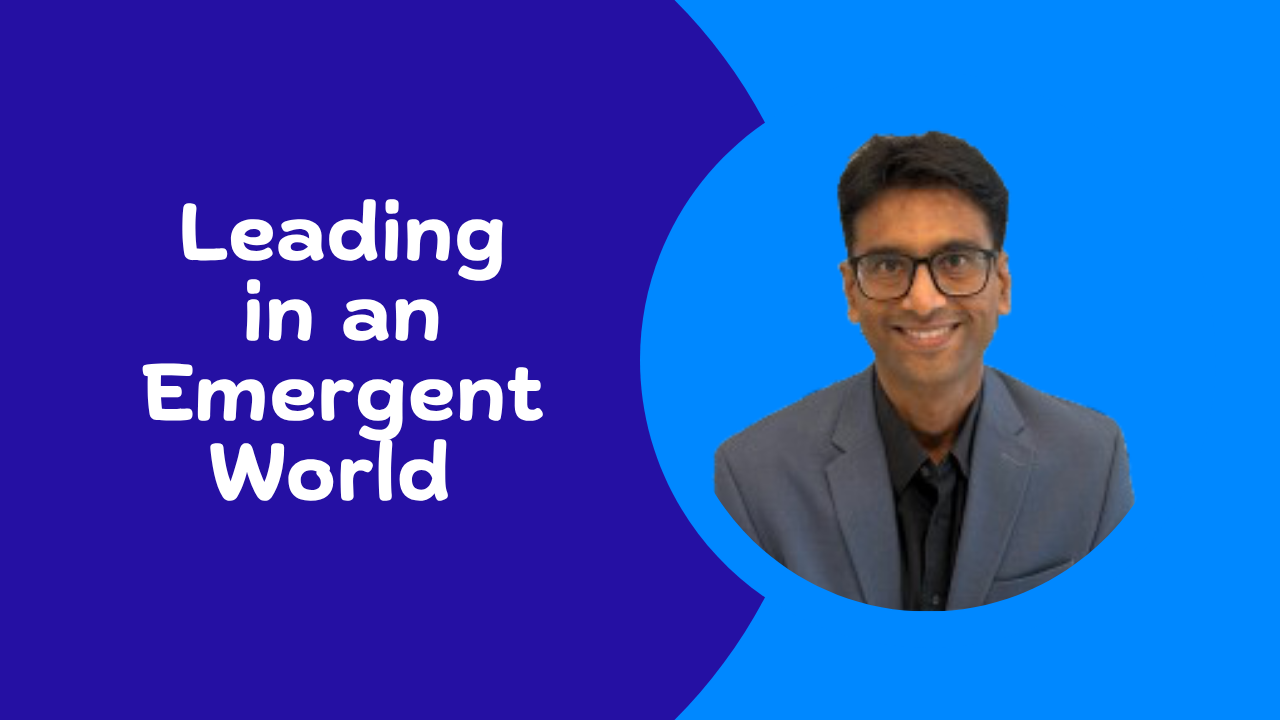Shiru café looks like any other coffee shop. But the similarities end there. If you were to go to the café for some hard earned caffeine, the chances are that you will be refused your caffeine unless you are either a student or a teaching staff at a university. Simply put, no college ID >> No coffee.
What’s more, if you are a part of the teaching staff, you can pay for your coffee with cash.
However, if you are a student then to get your cup of coffee (or tea), the currency that you need to pay with is data – your personal data (name, email ID, mobile number, what is your major, your college ID no, details of internship already completed, your IT skills, Hacker Rank Score, awards that you have won, which industry you are interested in, etc) in an online form.
By doing this, the students are then open to receiving information from corporates who want to reach this set of people. These information could be in the form of advertisements, offers, surveys or at times invitation to participate in an event of sorts.
The café also serves as the third place for students, after college and home, to chill out, study or engage in career related discussions (which the café organises) and do their work with the free wi-fi.
I believe that this is probably the first successful model where a user gets paid (in kind) for their data and has full control on what information they want to share and know beforehand what their data will be used for.
On their website, the Japanese-owned cafe states their mission as
“To create a place where students can learn about the professional world and envision their future careers.”
– Shiru Cafe (on their website)
This concept doesn’t come without its share of controversies. In a letter to The Brown Daily Herald, two students called for a boycott of the café citing their own reasons.
However, some students don’t seem to mind giving away all this data to the café. They think that there is nothing about them that one or the other corporate (Google/Facebook/Amazon/etc) doesn’t know already. There are also concerns about the free wi-fi and the amount of data collected when accessing the same could lead to a whole new level of profiling. But students (most of them at least) don’t seem to mind this and are willing to enjoy their burst of caffeine by sharing their data.
The question then to ask is the following:
- As a user, do I own the data? Can I control where and how my data is being used? Can I be paid for my data accordingly? What if I want to stop sharing my data? Can I withdraw from the program simply? Will that erase all my data?
- What other model can be thought of where we put the consumer in charge of their data and pay them for access to their data?
I heard about this story from Rhode Island Public Radio. Listen to the audio here.



